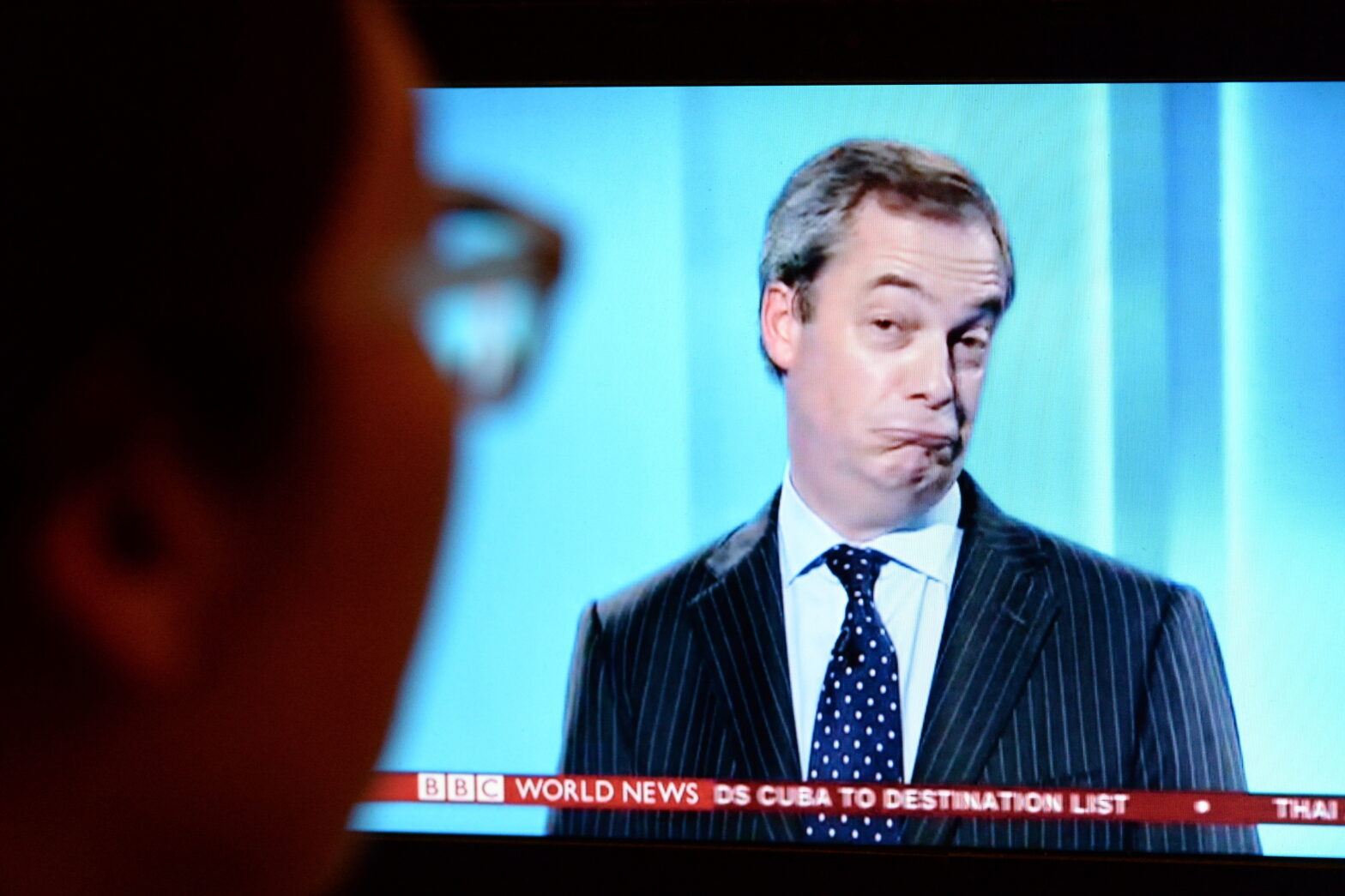A survey of 2,000 workers who were over the age of 50, conducted by recruiter Randstad found that a third planned to retire early.
Mark Bull, chief executive of Randstad, said: “The baby-boomers are nearing retirement, and we could have a huge skills shortage on our hands if these senior, established staff exit the workforce en masse.
“This additional squeeze on skills could be catastrophic – especially considering the current war for talent. Given the current skills gap, finding the right people for the right jobs is becoming increasingly difficult.”
A pragmatic solution
Along with the UK, many economies around the world are struggling to grapple with an ageing workforce. A pragmatic immigration policy would go some way to mitigating these difficulties.
Instead, the shortage of highly skilled workers in the UK is thought to have been exacerbated by the government’s immigration policy which has steadily restricted the immigration rules that allow foreign workers to come to the UK.
However the rule changes affect only a small percentage of the overall net migration figure. The immigration requirements are seen by employers as unnecessarily complex, expensive and restrictive. One senior judge recently commented that the immigration rules have “now achieved a degree of complexity which even the Byzantine emperors would have envied”.
Despite acknowledgement that the immigration policy has not worked so far, the government has reaffirmed its commitment to reduce net migration. Last year in June the government imposed cap on sponsored skilled workers was reached which left companies unable to recruit the staff that they needed.
This looks set to continue with the current level of the cap to remain in place, despite the increased need for skilled workers from abroad due to a lack of available skills in the UK.
The salary needed to qualify for permanent residence is being raised to £35,000 as of April 2016 meaning that many may no longer qualify. This change is designed to cut the number being granted indefinite leave to remain in the UK from around 60,000 per year to 20,000 per year. Given that a migrant can only spend 6 years in the UK under Tier 2 they would then be forced to leave putting further strain on organisations to recruit.
The Migration Advisory Committee (“MAC”) has on 19 January 2016 released its latest proposals in response to a request from the Government. As part of its recommendations, the MAC suggests increasing the existing minimum salary threshold for all Tier 2 migrants to £30,000, and introducing an Immigration Skills Charge for employers of £1,000 per year for each migrant.
Invest in human capital
The government is seeking to reduce reliance on foreign workers by introducing more apprenticeships, to be funded by the Immigration Skills Charge. However the apprenticeships on offer do not upskill to a sufficient level to fill the skills gaps so the methodology of this approach is hard to fathom. The MAC has commented on the need to invest in human capital not just apprenticeships for this reason.
Until now the Tier 2 (Intra-company Transfer) category (“ICT”) allowing companies to transfer their overseas employees to the UK has been relatively unchanged, and not subject to the annual cap. But this may all change; as part of the latest MAC consultation the Home Office has asked the MAC to investigate the benefit of restricting the ICT category.
The MAC has suggested that the ICT route be restricted by requiring two years prior employment overseas instead of the current one, and introducing the Immigration Health Surcharge. It also suggests that third-party contracting should become a separate route under Tier 2 with a minimum salary of £41,500.
Last year the government publicised intention to “use the full force of government machinery” to hit employers found employing illegal immigrants “from all angles”. To achieve this, the new Immigration Bill 2015 extends enforcement powers, imposes criminal sanctions on migrants, employers and landlords and restricts right of appeal to out of country in most immigration cases.
The Bill introduces wide powers to enter premises and close down businesses where they are found to be employing illegal migrants. Such a power would be exercisable by the Home Office without the need for a court order. Lawyers argue that this should only be enforceable by the courts as there is a huge risk of reputational damage to a business. One only has to look at the immigration appeal statistics to see that the Home Office do not get it right every time, some 40% of refusals are overturned by the courts.
There has been strong opposition to the new changes from business leaders including the CBI and Institute of Directors. Research shows that economic migration is a net contributor to GDP and benefits the UK economy. Given the ageing workforce and clear lack of skilled employees, immigration policy should aim to welcome the necessary skilled workers, not deter them.






